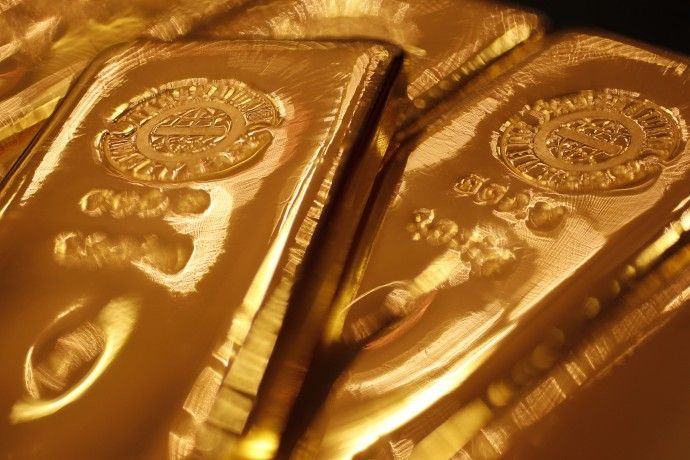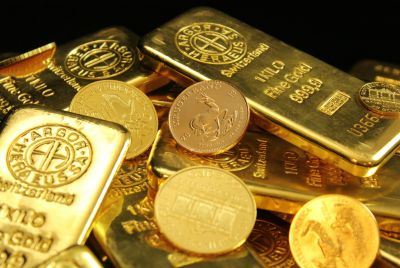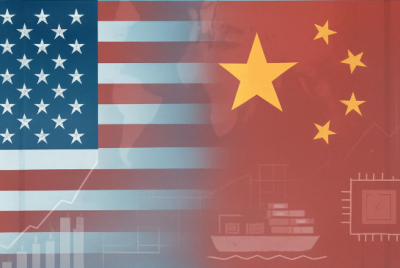Opinion: Dumb money starts to buy gold, rally to continue

Smart money refers to the biggest, best-performing, and most well-connected professional fund managers.
Dumb money refers to the dentists, retirees, and plumbers of the world.
A bubble begins when smart money, through analysis or connections, first enter the market. Other professional money managers -- the small time fund manager, independent professional traders, etc. -- and high net worth individuals soon follow.
The last phase of the bubble is always marked by widespread public enthusiasm and participation. This is also when the smartest of the smart money exit, if they haven't done so already.
Financier and businessman Joseph Kennedy, father of President John F. Kennedy, reportedly got out of the 1920s stock market bubble when he had a shoe-shine boy give him stock tips.
A Wall Street professional told me he became concerned in the 2000s about the real estate bubble when his barber began talking about house flipping in Florida.
What these professionals recognized was that rampant public participation is a telltale sign of bubbles tops.
Currently, the public is certainly not buying up stocks. Some wealthy individuals have piled into Treasuries or municipal bonds, but the plumbers of the world certainly haven't.
Gold, however, is the one asset that enjoys strong public buying. And the public's fervor for it is growing as average Joes -- who haven't bought gold at all in the past decade -- are suddenly pouring into it through gold miner stocks, ETFs, futures, and physical gold in the form of coins and bars.
Bubbles have another thing in common : great stories that are rooted in truth.
For the 1990s tech bubble, the story was that the internet will revolutionize the whole world, which it did and continues to do.
Gold also has a very compelling and true story.
World governments, led by the U.S., are in a race to the bottom to devalue their currencies, so gold logically deserves to be valued higher. A more controversial story -- but one that ignites the imagination and panders to populist anger -- says that the elites like Ben Bernanke will ruin the fiat money system and world currencies will simply collapse. Then, only gold will retain value, as it has done for thousands of years.
Smart money has already recognized the story of currency devaluation.
Billionaire hedge fund manager John Paulson, now one of the most respected investors of all time because of his enormously successful bet against the subprime mortgage crisis, piled into gold in 2009. Foreign central banks, including those of India, China, and Russia, were also large buyers of gold last year. Both foreign central banks and Paulson are still buying this year, but at a much slower pace.
As the smart money phase nears the completion, public participation for gold is brewing in late 2010.
At this point, it's not yet rampant.
Indeed, you can still get your hair cut and shoes shined without someone talking about his gold investments. Moreover, at the height of the tech bubble, successful tech fund managers showed up on CNBC almost every day to talk about how well they have done. The few remaining bears were mocked for not understanding the tech revolution and not making tons of money like the tech fund managers.
Currently, financial pundits on CNBC are still divided about gold and bears are not yet mercilessly mocked. This is further evidence that gold euphoria has not completely taken over.
The gold rally, then, could continue for quite some time because there are still plenty of doubters. Furthermore, even when tech stock mania had taken over the country in the late 1990s, the rally still managed to continue for a few short years. The gold rally, then, can also extent for a few more years even after public participation becomes rampant.
However, unless the fiat money system really does collapse, gold -- like tech stocks, U.S. real estate, Japanese stocks, tulips, and all other bubbles -- will eventually blow up in a spectacular fashion.
Email Hao Li in New York at hao.li@ibtimes.com.
© Copyright IBTimes 2025. All rights reserved.




















